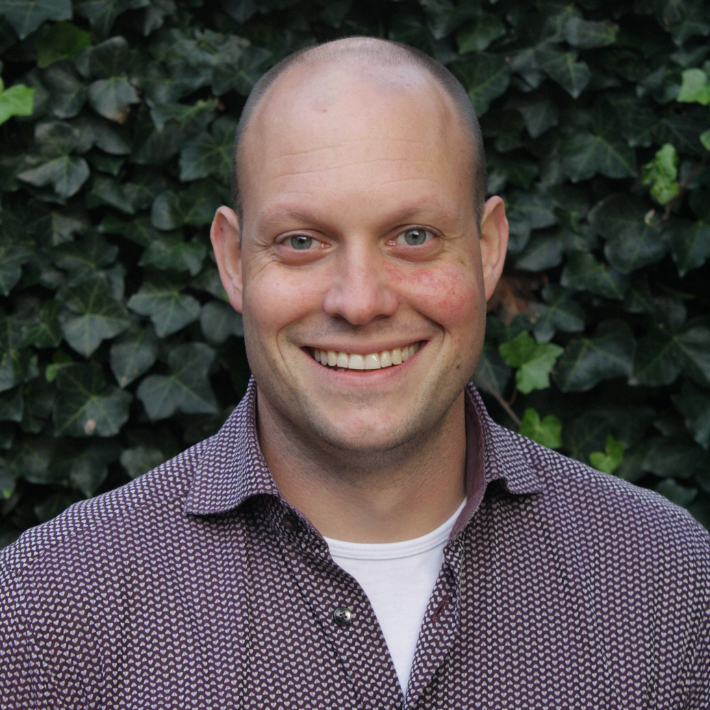Martijn Luijsterburg appointed professor of Transcription and DNA Repair
&width=710&height=710)
Luijsterburg's work centers on understanding how cells manage DNA damage during transcription: the process by which DNA is read to produce proteins. When this process is disrupted, it can lead to severe diseases. His research group studies these mechanisms at the molecular level, aiming to gain a better understanding of how these processes function and what goes wrong in rare inherited diseases such as Cockayne syndrome, Xeroderma pigmentosum, and the ERCC1 hepatorenal syndrome. With his appointment, this field of research gains a permanent position within the LUMC.
Research
The newly appointed professor is a leading researcher in the field of transcription-coupled DNA repair. His laboratory combines various techniques, such as genetic screens, proteomics (the study of all proteins), and structural biology (the architecture of molecules like proteins, DNA, and RNA in our bodies). His research is fundamental in nature, yet always with an eye toward clinical applicability. He collaborates closely with international clinical partners and contributes to the molecular diagnostics of rare genetic disorders.
Teaching
In addition to his research, Luijsterburg plays an active role in education. He co-coordinates the undergraduate course "Medical Genetics" and is closely involved in the "Molecular Biology" course. He also supervises students during their research internships, contributes to Master’s and PhD-level courses, and coaches young researchers in applying for research grants.
Patient care
Luijsterburg contributes indirectly to the care of patients with rare DNA repair disorders. His research helps uncover the causes of these conditions and improves diagnostic methods. He also collaborates with clinical geneticists and dermatologists and serves as an advisor to Cockayne syndrome patient organizations in the Netherlands, the United Kingdom, and the United States.
CV
Martijn Luijsterburg (born 1980) trained as a molecular biologist. He obtained his PhD at the University of Amsterdam for research on DNA repair. After postdoctoral fellowships in Stockholm and Leiden, he established his own research line within the LUMC. Over the years, he has received several prestigious grants, including Rubicon, Veni, Vidi, Vici, and an ERC Consolidator Grant. In 2021, he was elected an EMBO Young Investigator. His career is marked by a multidisciplinary approach, constantly bridging academic and clinical research.